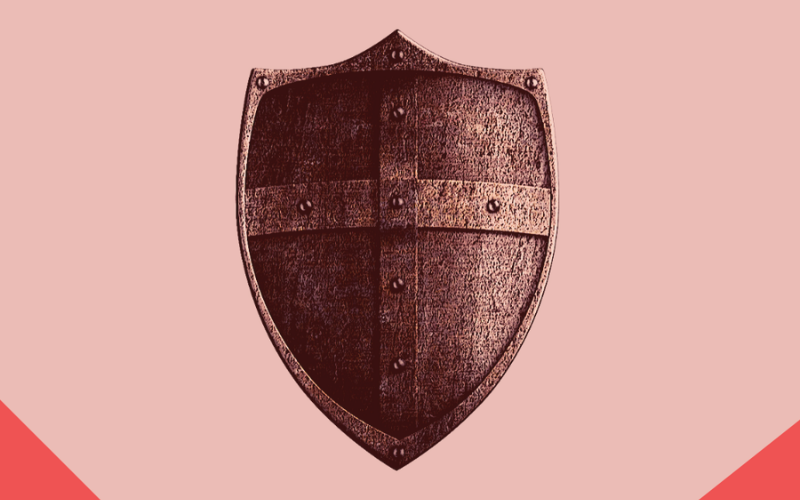
What are your shields?
Are you afraid of being hurt? Are you uncomfortable with uncertainty? Are you afraid to feel your feelings? It’s a universal need to feel safe and secure emotionally and physically. Most of us are looking for certainty. We want to know for sure it’s all going to work out. When we don’t feel like we are emotionally safe or certain about the outcome, we become afraid and want to protect ourselves by closing off emotionally – using shields or defense mechanisms. Unfortunately, they really don’t protect us. They tend to create feelings of disconnection, separation, loneliness, anxiety and depression.
The five most common shields are listed. Look within to examine how often you use these in your daily life and whether or not you are ready to change your patterns.
- Anger. This one is an easy one to fall back on. It’s a cover up for something deeper such as fear, hurt and/or pain. For many, it’s easier to get angry than to figure out why you are triggered and calm yourself down before reacting.
- Blame. We often want to blame others for how we feel. We don’t want to deal with our painful or hurt feelings so we discharge them onto other people. When we focus on the other person, it keeps us stuck and prevents us from moving forward and healing.
- Criticism or judgment. When we are in judgment of another person, it’s because we are struggling with that same issue within ourselves. When we are critical or judgmental of another, it’s time to look within and figure out what is driving this behavior.
- Shutting down. We will freeze or just turn it off. We won’t communicate or talk about a situation, which tends to make it only get worse.
- Withdrawal. We might go into flight, runaway or numb out from a situation or conflict. The situation doesn’t go away. We must face it and move through it in order to get to the other side.
The first step to any change is awareness. We then need to make a choice to create a new pattern. Notice when you use these patterns and take a deep breath before you use your default ways to cope. Often, these defense mechanisms are learned responses from our past experiences. The good news is you can change these and learn to set healthy boundaries and communicate more effectively. It’s never too late to start feeling better and creating more connected relationships.
-Kristen D Boice M.A., LMFT,EMDR, Trained
Do you want to join a community of souls wanting to grow, evolve and on a healing journey?
I would love for you to join our free Close the Chapter Facebook community!